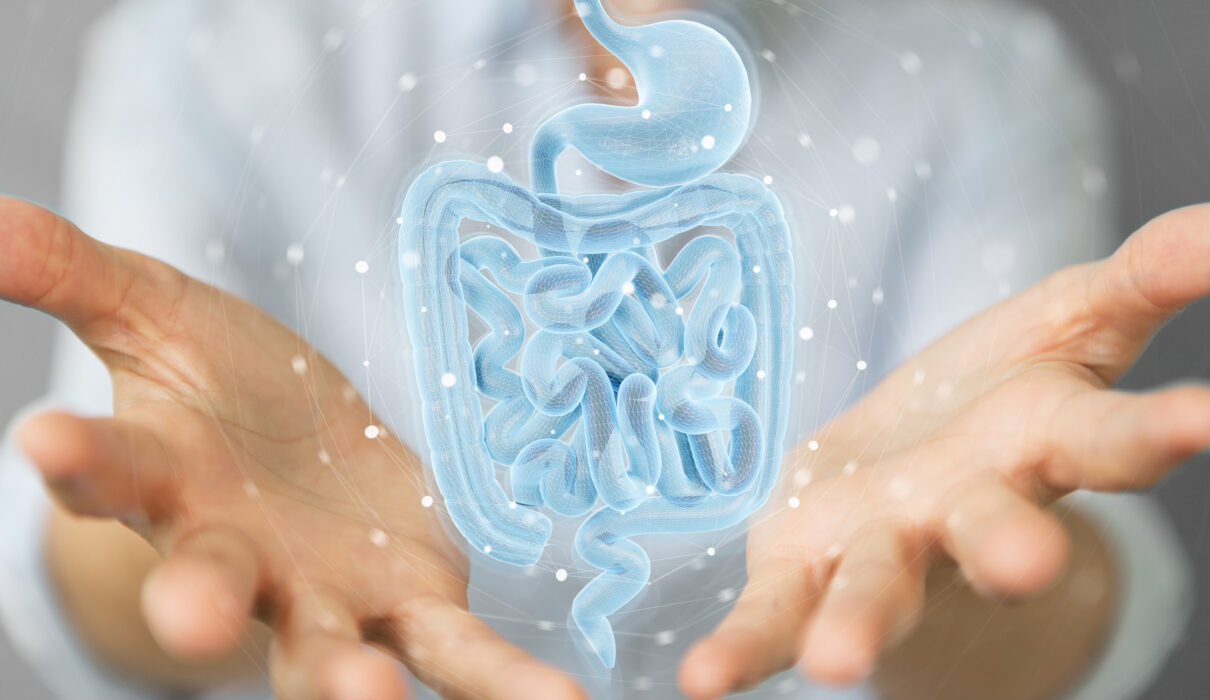Colorectal surgeons know that digestive health plays a vital role in our overall well-being, yet it’s often misunderstood due to persistent myths. From quick-fix diets to misconceptions about how stress and exercise impact digestion, these misunderstandings can lead to poor health choices. With the help of a female surgeon who is a leading colorectal surgeon in Melbourne, let’s debunk some of the most common myths and uncover the facts to help you maintain a healthy gut.
Myth 1: You Need a “Detox” to Cleanse Your Digestive System
Fact: Your body has its own natural detoxification systems, primarily through the liver and kidneys, which are remarkably efficient at removing toxins. There’s no scientific evidence to support the idea that juice cleanses or other detox diets are necessary for digestive health. While these detox plans may help you feel temporarily lighter, they often lack essential nutrients and may lead to dehydration or electrolyte imbalances.
Instead of relying on detoxes, support your digestive health by eating a balanced diet rich in fibre, lean proteins, and healthy fats. Drinking plenty of water and eating whole foods will help your digestive system function optimally without the need for a “cleanse.”
Myth 2: Spicy Foods Cause Ulcers
Fact: Spicy foods are often blamed for causing ulcers, but the real culprits are the bacteria Helicobacter pylori (H. pylori) and long-term use of nonsteroidal anti-inflammatory drugs (NSAIDs). While spicy foods can exacerbate symptoms in those with existing digestive issues, they don’t directly cause ulcers.
If you’re prone to digestive discomfort after eating spicy foods, it might be wise to limit them. However, for most people, they’re safe and can even have some benefits, like boosting metabolism. If you suspect you have an ulcer, consult a healthcare professional for proper diagnosis and treatment.
Myth 3: Dairy is Bad for Digestion
Fact: While it’s true that some people are lactose intolerant and have difficulty digesting dairy, this isn’t the case for everyone. Dairy can be a healthy part of the diet for those who can tolerate it, providing valuable nutrients like calcium, vitamin D, and protein.
For individuals with lactose intolerance, there are lactose-free options available that allow them to enjoy dairy products without discomfort. If you suspect you have an issue with dairy, try keeping a food journal to identify symptoms and discuss them with your healthcare provider. Avoiding dairy unnecessarily can lead to nutrient deficiencies, so be sure to replace it with alternative sources of calcium and protein if you do cut it out.
Myth 4: Stress Has No Impact on Digestion
Fact: Stress can significantly affect your digestive system. The brain and gut are connected through the gut-brain axis, meaning that your mental state can directly influence your digestion. Stress can lead to symptoms such as nausea, bloating, stomach cramps, and even conditions like irritable bowel syndrome (IBS).
Managing stress through techniques like deep breathing exercises, yoga, and mindfulness can have a positive impact on your digestive health. Taking steps to reduce stress not only benefits your gut but also improves your overall well-being.
Myth 5: You Need to Eat More Probiotics for a Healthy Gut
Fact: While probiotics—beneficial bacteria found in fermented foods and supplements—can contribute to gut health, they are not a cure-all. A healthy gut relies on a diverse community of bacteria, which probiotics alone cannot fully provide.
To support gut health, focus on eating a variety of fibre-rich foods like fruits, vegetables, and whole grains, which nourish the beneficial bacteria already present in your gut. Prebiotics, which are the fibres that feed these bacteria, are just as important as probiotics. Foods like garlic, onions, bananas, and oats are excellent sources of prebiotics.
Myth 6: Exercise Doesn’t Affect Digestion
Fact: Exercise plays a crucial role in maintaining a healthy digestive system. Physical activity stimulates the intestinal muscles, helping to move food through the digestive tract and reduce the risk of constipation. Regular exercise can also reduce inflammation in the body, which benefits gut health overall.
However, it’s essential to avoid intense exercise immediately after eating, as it can lead to discomfort and indigestion. Instead, engage in light activities like walking, which can aid digestion without putting too much strain on your body.
Understanding the facts behind common digestive health myths can help you make more informed choices about your diet and lifestyle. By embracing a balanced diet, managing stress, and staying active, you can support your digestive system naturally. Remember, it’s always best to consult with a healthcare provider before making significant changes to your diet or lifestyle, especially if you have existing health conditions. Taking the time to understand your body’s needs can go a long way in maintaining a healthy and happy gut.
Colon, Abdominal or Digestive Pain? See a Colorectal Surgeon in Melbourne
Choosing a prolapse specialist and colorectal surgeon in Melbourne, particularly a female surgeon, offers compassionate and expert care tailored to your needs. Whether you need a routine colonoscopy or specialised treatment for prolapse, a skilled female surgeon understands the unique aspects of women’s health. With a focus on comfort and quality, seeing a specialist can provide peace of mind and ensure you receive the most effective, personalised care for your colorectal and pelvic health concerns. Contact Dr Naseem today and speak to a female surgeon and leading colorectal surgeon in Melbourne.


